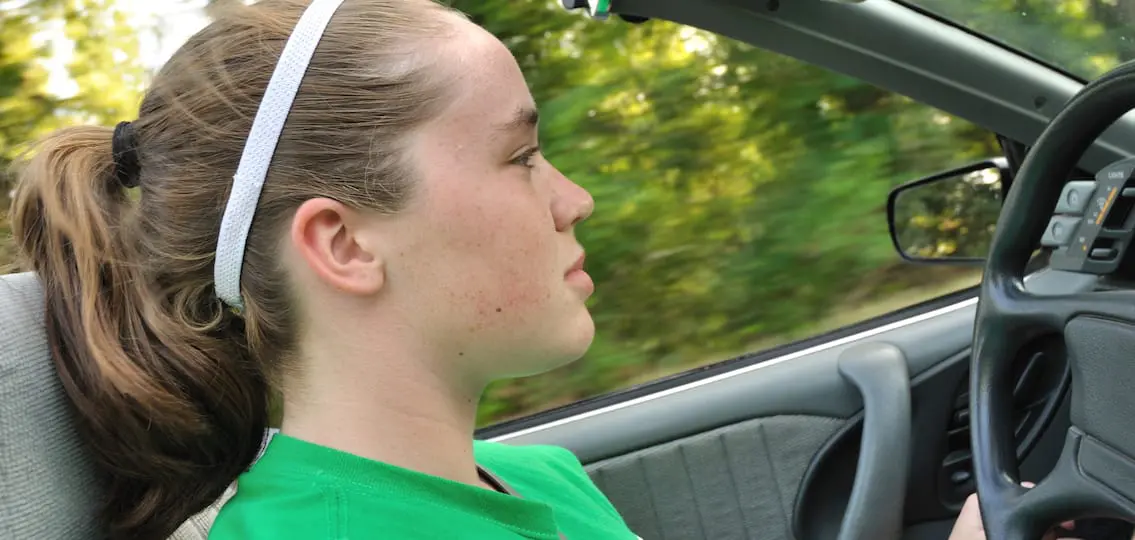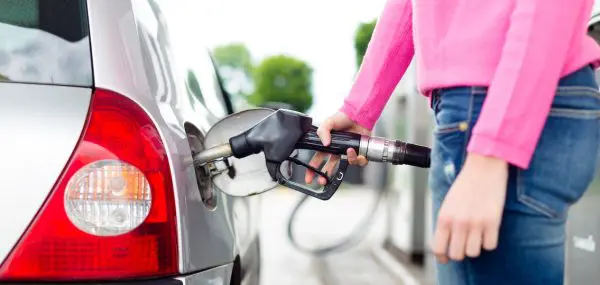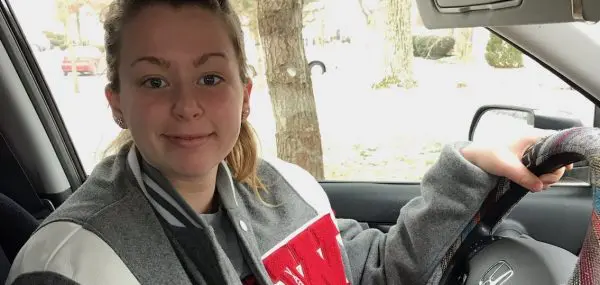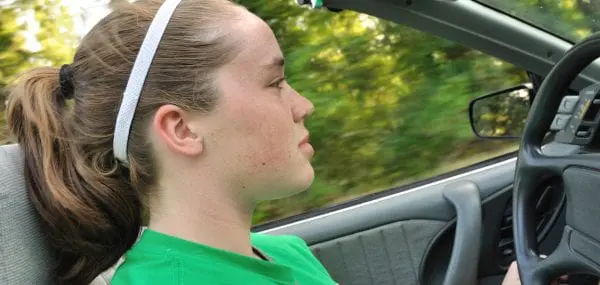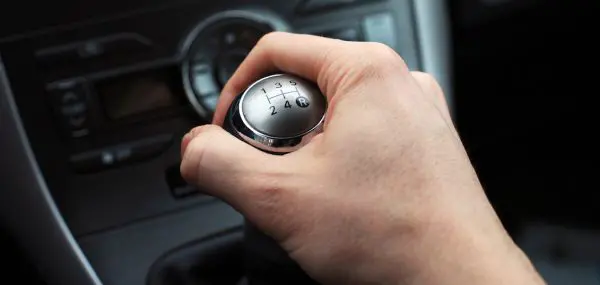Dear Your Teen:
My 17-year-old teenager doesn’t want to drive. She’s not interested. At this point, all of her friends have their licenses, so she does not rely on us for rides. We are worried that she isn’t motivated. Why doesn’t she want the independence that comes with a license? Is it driving anxiety or is it really that she’s not interested? How do you motivate a teen if she doesn’t want to drive? Is she afraid to drive? Should we pressure her or force her to get her license? Or do we wait until she is ready? But we worry that she might never be ready.
EXPERT | Matthew Rouse, PhD, MSW
You are right. There can be many different influences that impact your daughter so that she doesn’t want to drive.
Try to figure out what’s holding her up because that information can inform the approach you take. Think about what motivates your child. But if your daughter is a typical teen, I imagine that you’ve already asked her why she doesn’t want to drive and gotten responses like “I don’t know,” or “I just don’t feel like it.”
My hunch is that your daughter is experiencing some combination of mild anxiety, feeling overwhelmed by the process, and normal development. Many teenagers are too scared to learn to drive. Bearing this in mind, you’ll want to provide the structure and support for her.
When Your Teenager Doesn’t Want to Drive:
1. Address your teenage daughter’s anxiety about driving.
Help her see that getting her license is an attainable and desirable goal, while also removing the things that make anxious avoidance more likely.
For anxious kids, families and friends have ways of accommodating the anxiety. They change things around in order to help lower the discomfort. So if your daughter has driving anxiety, her friends accommodate by driving her everywhere. There’s probably little you can do about her riding with her friends. Suddenly imposing restrictive rules would seem cruel. But you can reduce your own accommodation of her anxiety. Tell her you won’t be able to give her as many rides and stick to it. Once some natural consequences kick in, where maybe she doesn’t get to a party because she can’t get a ride, her motivation to get her license may increase.
It’s important to note that this would be the approach with mild anxiety. If her anxiety around driving is more severe, or perhaps is even a response to a trauma like being in a car accident, it’s time to get professional help. A behavioral therapist could help her face her anxiety gradually. First, by performing tasks that cause mild anxiety (like sitting in the driver’s seat). After that, then working up to the ultimate goal of having her drive independently.
2. Help your teenager break down the task for getting their license.
Maybe your teenager doesn’t want to drive because the process of getting her license seems too daunting. Some teens have more difficulty than others with planning and organization. They can’t figure out where to start when a task has too many steps. Or they may shut down and avoid it altogether. You can offer to help her figure out all of the required steps. Then help her create a timeline to get over the initial hump. You could even throw in some mini-rewards along the way, like a favorite meal or that tank top she’s had her eye on.
3. Understand that your teenager might not be ready to drive.
Finally, maybe your teenager doesn’t want to drive because she is not ready for the responsibility of driving. All teens develop differently, and that’s okay! Perhaps she sees it as the first step to adulthood and that’s a little too much for her. We want to listen to our kids when they give us these messages and respect the pace at which they take on life’s responsibilities. Even though your teen is not interested in driving, help her feel supported through the process of obtaining her license, while minimizing any potential barriers, like mild anxiety or difficulty planning. She will get there when the time is right.
